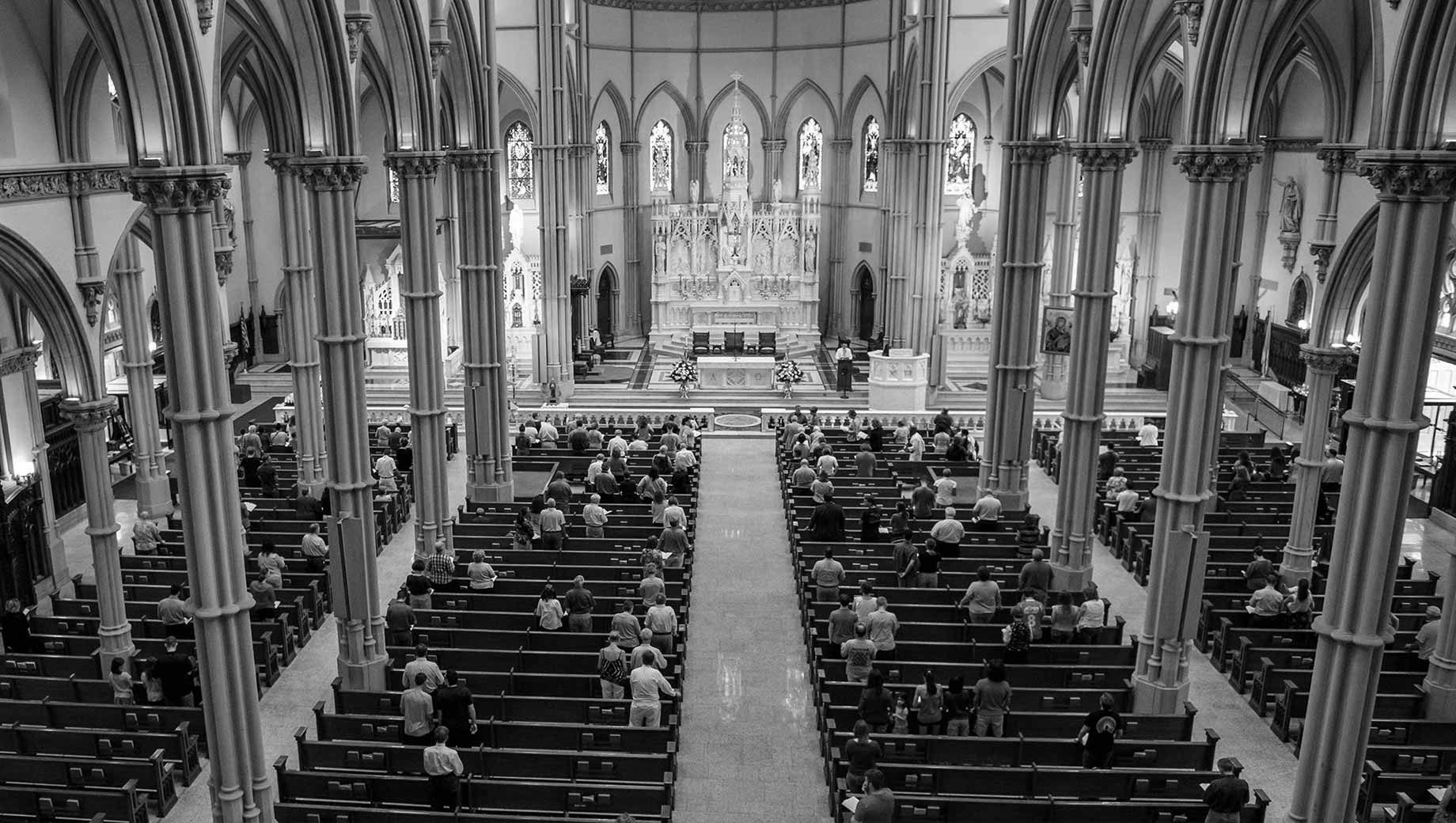Tradition is a cornerstone of organized religion, providing a sense of continuity and stability that can be comforting to many. However, it can also hinder progress and innovation, preventing religious institutions from adapting to changing times and evolving social norms. In this article, we will explore the role of tradition in organized religion, and consider how it can both benefit and detract from the faith.
One of the primary benefits of tradition in organized religion is its ability to provide a sense of continuity and stability. Religious texts and practices that have been passed down through generations can create a sense of connection to the past and a shared history. This can be especially important for those who may be experiencing feelings of uncertainty or anxiety about the future.
Another benefit of tradition is its ability to provide a sense of identity and belonging. Religious practices and customs can serve as markers of group identity, helping individuals to feel part of a larger community. This sense of belonging can be especially important for those who may feel isolated or marginalized in other aspects of their lives.
However, tradition can also be a hindrance to progress and innovation. Religious institutions may be resistant to change, even when it is necessary or beneficial. This can lead to a sense of stagnation or irrelevance, especially in the face of changing social norms and cultural values.
Another potential drawback of tradition in organized religion is its tendency to reinforce inequalities and hierarchies. Traditional religious practices and customs may privilege certain groups or individuals over others, perpetuating systemic discrimination and oppression. This can be especially problematic for those who are marginalized or excluded from the mainstream of society.
In conclusion, tradition is a complex aspect of organized religion that can both benefit and detract from the faith. While it can provide a sense of continuity and stability, as well as a shared history and identity, it can also hinder progress and innovation, and perpetuate inequalities and discrimination. By recognizing these complexities, we can work towards creating a more inclusive and adaptive religious culture.
Works Cited:
Bellah, Robert N. "Habits of the Heart: Individualism and Commitment in American Life." University of California Press, 1985.
Cox, Harvey. "The Secular City: Secularization and Urbanization in Theological Perspective." Macmillan, 1965.








